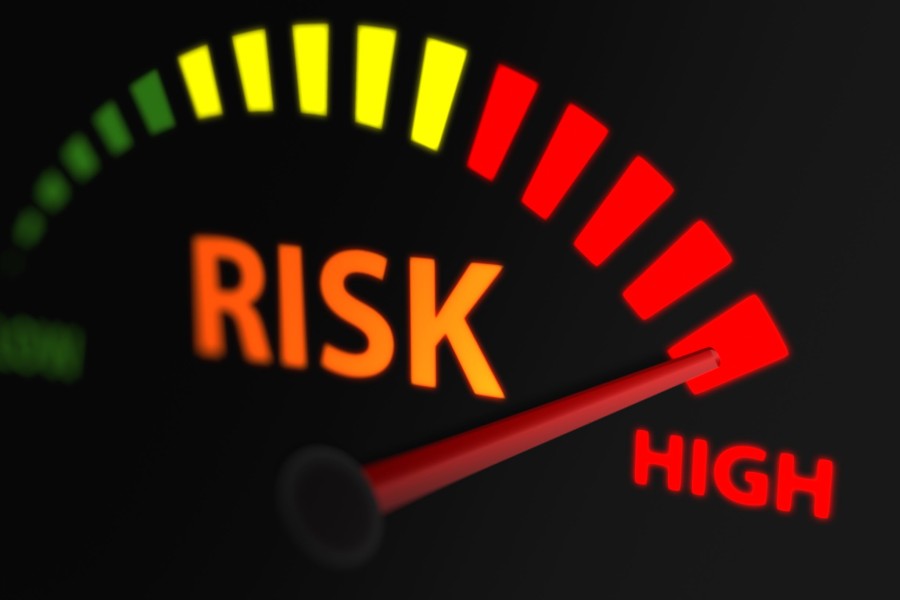Evaluating supplier risk has always been a core function of the Procurement group when developing a robust Supply Chain or qualifying new suppliers. This effort becomes more difficult and at the same time more critical when the economy is down or in a state of flux. The situation is compounded when news changes by the hour as it has with the current COVID-19, oil crisis, and the daily Stock Market ups and downs. Being able to evaluate and react in real-time becomes critical not only to a company’s success long-term, but also survival in the short term. With the global interlacing of most supply chains, one company failure can create a domino effect, impacting customers and suppliers that are several degrees away from the source of failure.
Even though suppliers may have been originally evaluated on their financial stability and market diversification when they were first brought on board, it is time to do it again. Suppliers that were once strong, thriving suppliers have been impacted even if they happen to be the ones with significant gains during this time (think PPE, Toilet Paper, and Hand Sanitizer suppliers to name a few). What needs to be understood is whether the impact is enough to bring the risk of supply interruptions to your business.
Talk to your suppliers; the best partnership is an open one where you are transparent where it makes sense, considering the health of the existing supplier relationship and the NDA in place. Listen for specific activities such as layoffs, declining employee morale, strained relationships with their suppliers, or a lack of ability to acquire raw material (may start asking for a material down payment). For critical suppliers, those whom you are heavily dependent on, this information becomes essential to your own company’s survival. If you do hear of a supplier laying people off, it does not mean you should move the business from them. Often, it is the companies that take the tough decisions early that make it through the difficult times. If a supplier keeps the payroll of a full staff without the revenue to support it, bankruptcy becomes inevitable.
Ask suppliers about what they are seeing in their markets, not only in your industry but also in others. Besides giving indicators to their general health, it gives insight into how their other customers or industries are managing the downturn. Often, commiserating with suppliers about the economy and related challenges helps build supplier relationships which may provide benefit if things get desperate.
By having an ongoing conversation with suppliers, you can avoid some pitfalls by discussing inventory re-allocation, potential late payments, or other negative impacts to the supplier. When times are uncertain, no news is not good news. The continued conversation with suppliers will earn some level of trust and increased cooperation. From a supplier’s perspective, a late payment issue is compacted when you are not getting any communication. Suppliers assume the worst and often act accordingly. Even bad news that is shared is better than no news.
Evaluating how suppliers treat you when business is not good should help give you an insight into who are the best long term partners suppliers that will be there for you versus vendors only willing to do business when it is easy. Take time to reevaluate your suppliers today, it might just make the difference between coming out of the current downturn with a healthy supply chain or not financially making it out at all.
